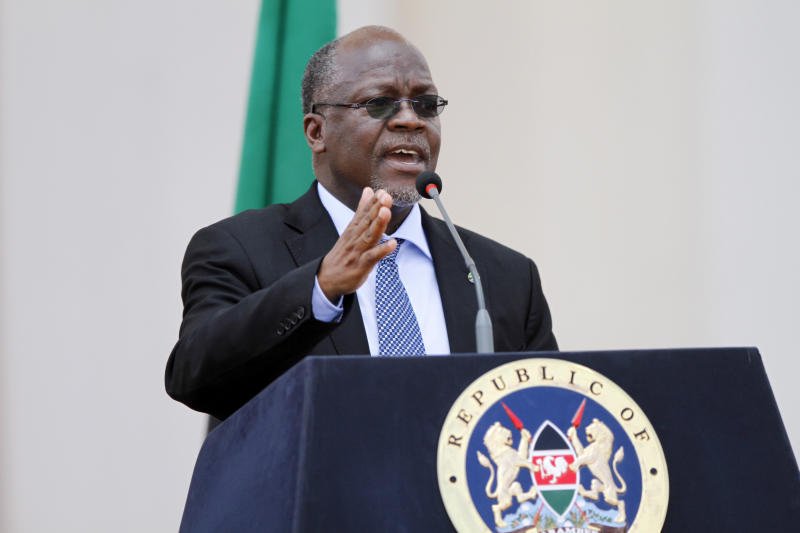
On Wednesday, Tanzanian Vice President Samia Suluhu Hassan announced the death of President John Pombe Magufuli. While the official cause of death was a heart condition the late Magufuli had struggled with since at least his university days, rumours had swirled for days that he was sick with the Covid-19 virus.
President Magufuli was a prominent Covid denier. Regardless of the true cause of his death, Magufuli’s policy posture over the last year raises serious and admittedly uncomfortable questions about leadership in our corner of the world. What hope should Africans have about improving living conditions in the region if their leaders do not seem to care about their own well-being?